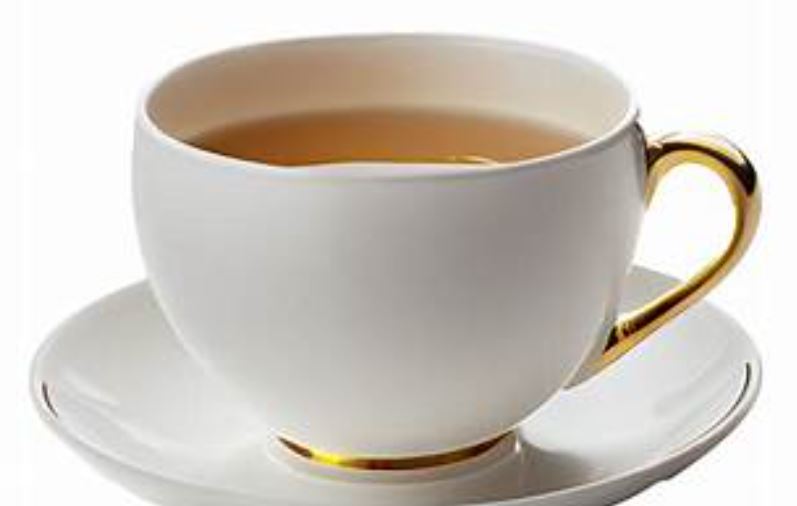
By Sola Ogundipe
Tea lovers need to hear this. A single, seemingly harmless cup of tea brewed with a standard tea bag could be exposing your body to billions of microplastics, result of a new study report has warned.
Dr. Mark Hyman, a physician and University of Ottawa, says that microplastics, which are plastic fragments smaller than 5mm, have already been detected in food, water, and even the air and even though long-term health consequences remain under investigation, previous studies link the tiny particles to the potential onset of diseases like cancer.
Hyman’s post, citing research from the chemistry journal ACS Publications, highlights a recent study that unearthed the staggering amount of microplastics released from common plastic tea bags. Approximately 11.6 billion microplastics were released in a single cup of tea, the doctor cautioned.
While acknowledging tea’s reputation as a potent source of antioxidants, Hyman strongly advised tea drinkers to become aware of this unsettling research. He seemingly hinted that the extent of microplastic exposure might be tied to the “quality” of the tea bag itself.
Hyman offered practical advice to minimize exposure. “If you are a tea drinker, use an organic loose leaf tea and steep it. Using a stainless steel or glass strainer will reduce your microplastic exposure significantly.”
He urged consumers to make informed choices: ”If you like using tea bags for their convenience or portability, make sure you’re getting the kind that’s free from bisphenol-A (BPA), phthalates, polypropylene, and epichlorohydrin. Look for tea bags made from organic hemp, cotton, or plant fibres instead,” he advised.
The stark reality of microplastic contamination from tea bags was further illuminated by a study published in Chemosphere. Researchers investigated the microplastic release from three popular types of tea bags readily available online and in supermarkets: nylon, polypropylene, and one with an unknown filter polymer.
The study revealed that across all three types, brewing released enormous quantities of nano-sized plastic particles into the hot water. Polypropylene tea bags emerged as the worst offenders, unleashing a staggering 1.2 billion particles per milliliter, with an average size of 136.7 nanometres. Nylon tea bags, while slightly better, still released a concerning 8.18 million particles per milliliter, with an average size of 138.4 nanometres.
While humans are already exposed to microplastics through various pathways, including food and water, the sheer volume potentially ingested from a single cup of tea brewed with a plastic tea bag raises significant concerns and scientists are increasingly worried about the ability of these tiny particles to be absorbed by cells, potentially disrupting cellular function, particularly in vulnerable populations like children.
Emerging research also suggests a possible link between microplastics and the development of cancer and reproductive health issues, with studies indicating accelerated cancer cell spread and reduced sperm motility upon exposure.
As research into the long-term effects of microplastic ingestion continues, making informed choices about our tea preparation methods could be a crucial step in safeguarding our health. So, the next time you reach for a tea bag, consider the hidden cost that might be brewing alongside your favourite beverage.
The post Just one cup of tea daily could damage your health — Study appeared first on Vanguard News.